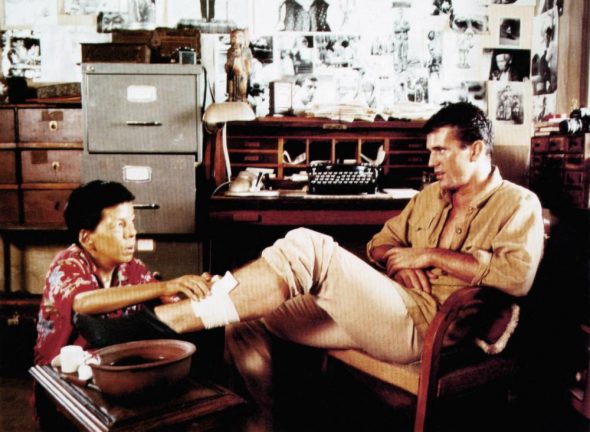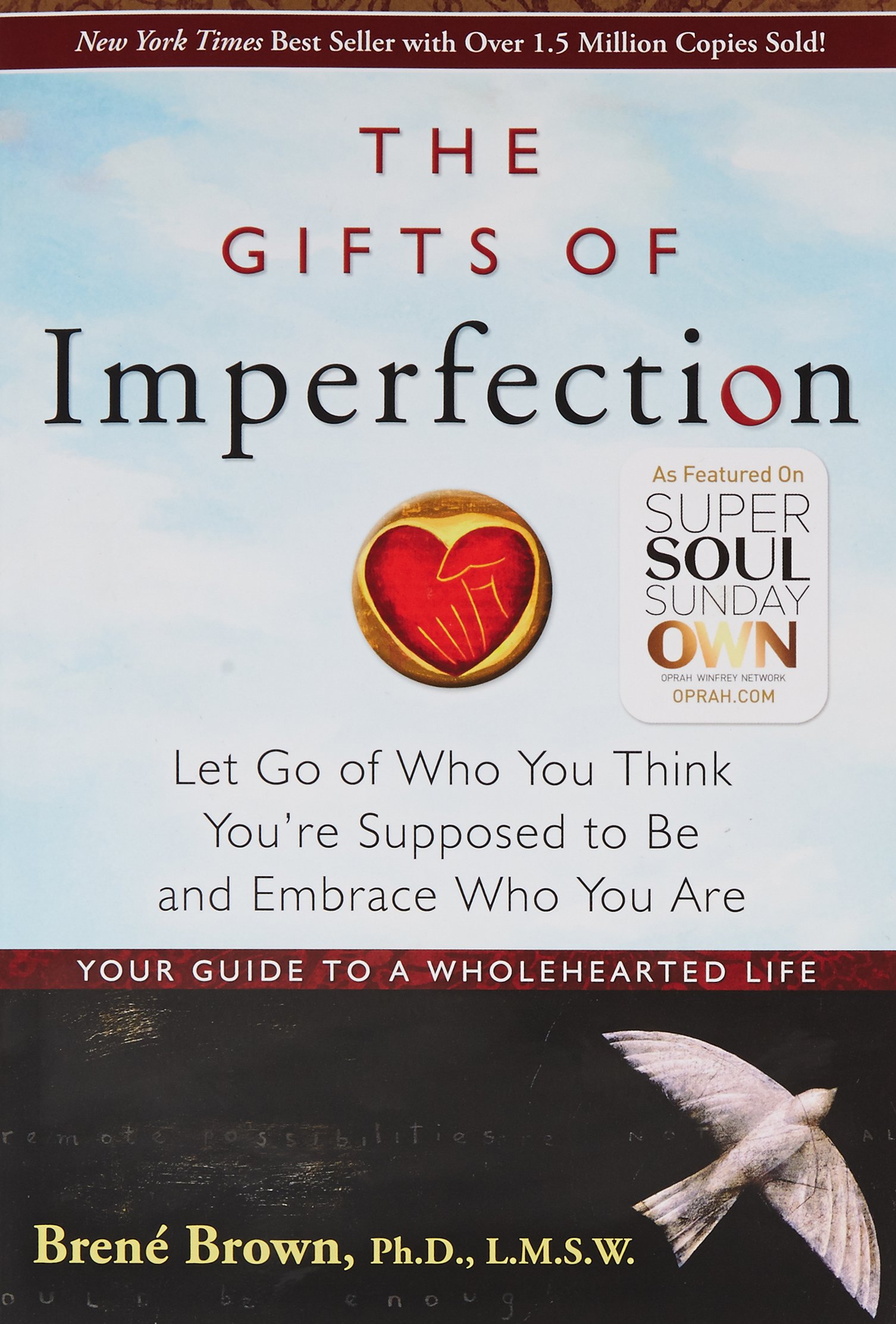In The Year of Living Dangerously, the dwarf photographer – Billy Kwan as portrayed by Linda Hunt – offers the following advice: “Don’t think about the major issues. You do what you can about the misery in front of you. You add your light to the sum of all light.”
Bearing witness to misery. Illuminating it. Adding light to the sum of light. These I considered as important duties whilst working as a reporter at the Cape Argus in my native South Africa. But with those duties comes responsibility, and the need for an ethical code according to which one must navigate illuminating misery.
When a reporter bears witness simply to advance his or her own career path, there may set in the temptation to be hyperbolic and to exploit painful human situations and people experiencing these. Instead of illuminating injustice towards the goals of critique and restitution, the process can become self-serving to the reporter, their career and how they (rather than their subjects) stand to gain from the exposure.

An ethical code for the reporters witnessing and illuminating misery should guide them away from the self-serving, careerist aspects of their work and towards the goal of contributing towards a more just society. I believe that two guidelines can assist:
1) Be true to your subjects. Treat subjects, those whose misery you report on, as human beings deserving of dignity. Do not reduce them to clichés which reinforce the idea of them as hapless victims – less capable than more fortunate people. Do not use them as props to simply advance a story. Place them and their concerns at the centre of the story.
2) Report towards a restitution. In each example of human misery human interventions are possible to provide relief and lessen suffering. Often human decisions and actions have resulted in the suffering to begin with. Do not simply report on suffering for the sake of exposing it. Illuminating suffering should serve the higher purpose of alleviating the suffering, by identifying remedial actions or support that are needed (these may be couched in an identification of the causes of misery).

